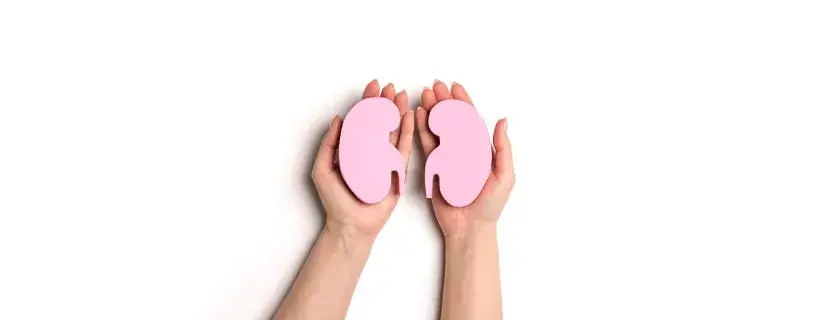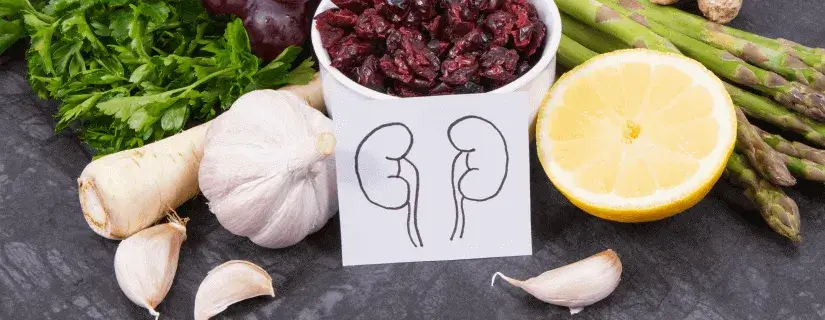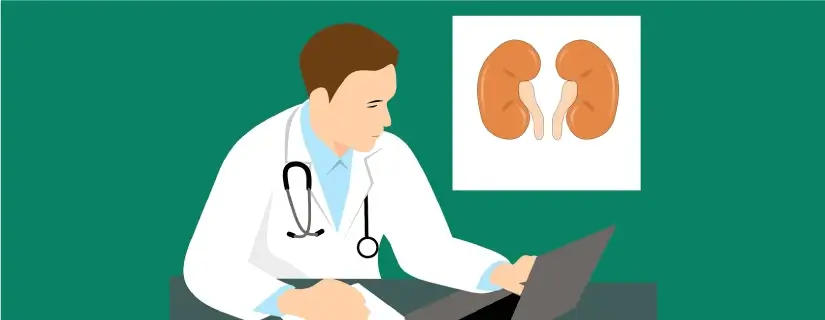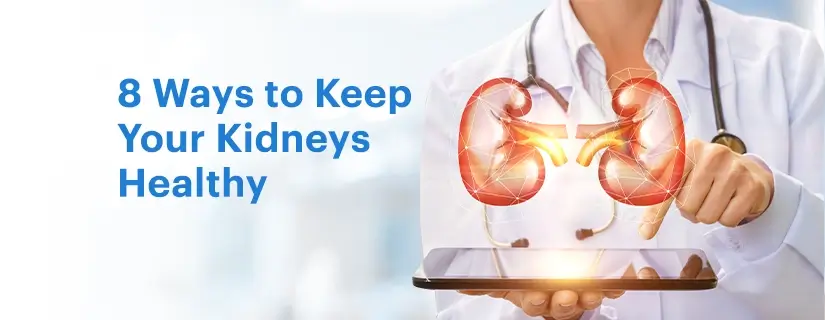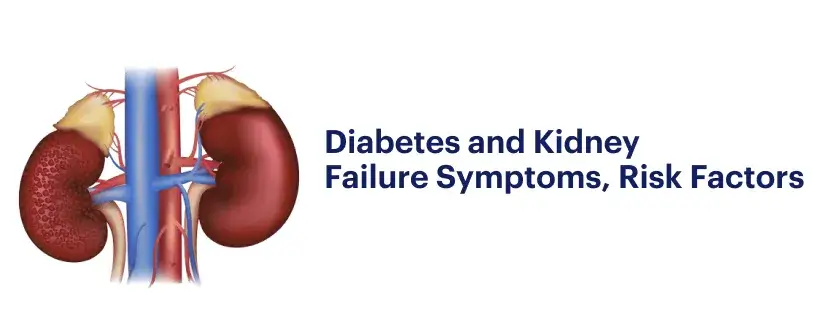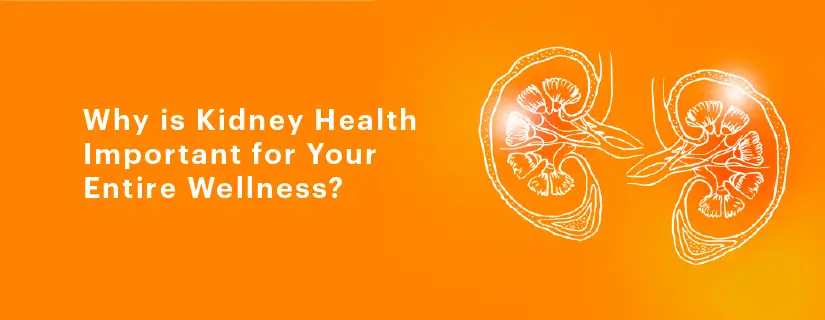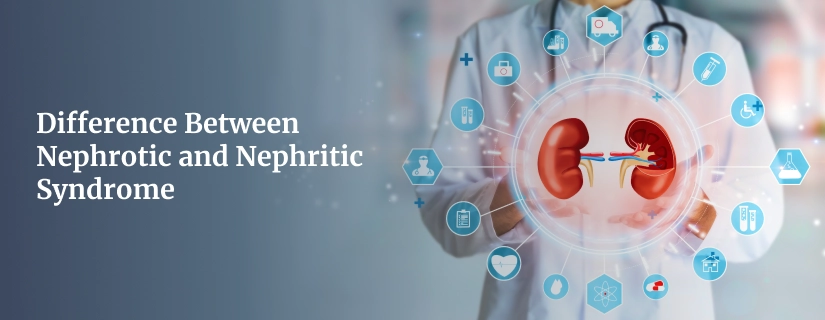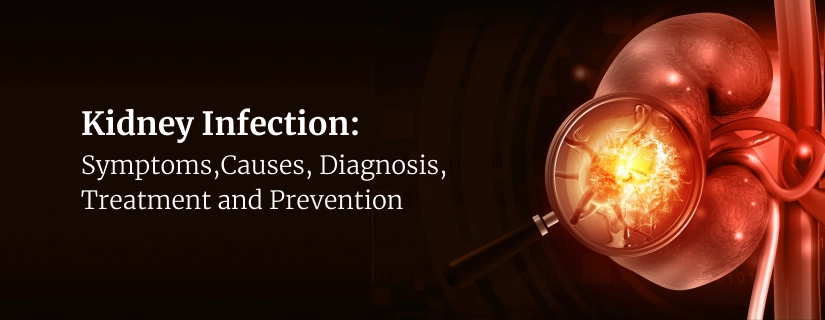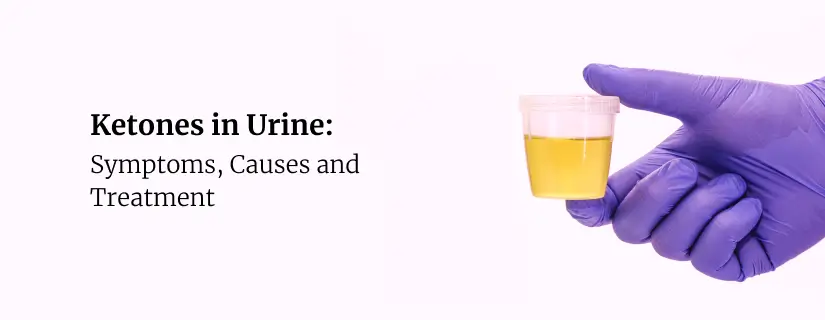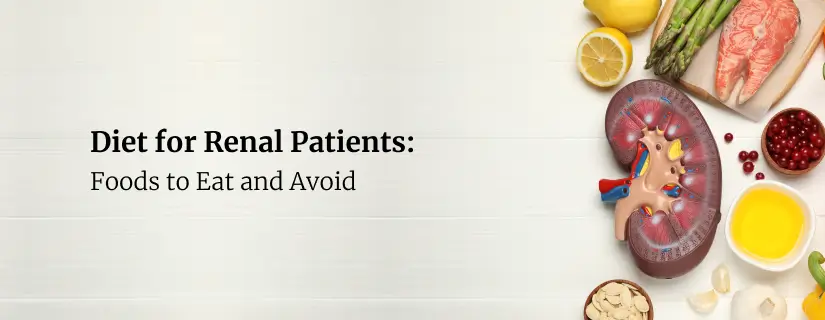-
Doctors
-
Specialities & Treatments
Centre of Excellence
Specialties
Treatments and Procedures
Hospitals & Directions HyderabadCARE Hospitals, Banjara Hills CARE Outpatient Centre, Banjara Hills CARE Hospitals, HITEC City CARE Hospitals, Nampally Gurunanak CARE Hospitals, Musheerabad CARE Hospitals Outpatient Centre, HITEC City CARE Hospitals, Malakpet
HyderabadCARE Hospitals, Banjara Hills CARE Outpatient Centre, Banjara Hills CARE Hospitals, HITEC City CARE Hospitals, Nampally Gurunanak CARE Hospitals, Musheerabad CARE Hospitals Outpatient Centre, HITEC City CARE Hospitals, Malakpet Raipur
Raipur
 Bhubaneswar
Bhubaneswar Visakhapatnam
Visakhapatnam
 Nagpur
Nagpur
 Indore
Indore
 Chh. Sambhajinagar
Chh. SambhajinagarClinics & Medical Centers
Book an AppointmentContact Us
Online Lab Reports
Book an Appointment
Consult Super-Specialist Doctors at CARE Hospitals
Kidney Friendly Diet to Ensure Healthy Kidneys
Updated on 3 February 2020
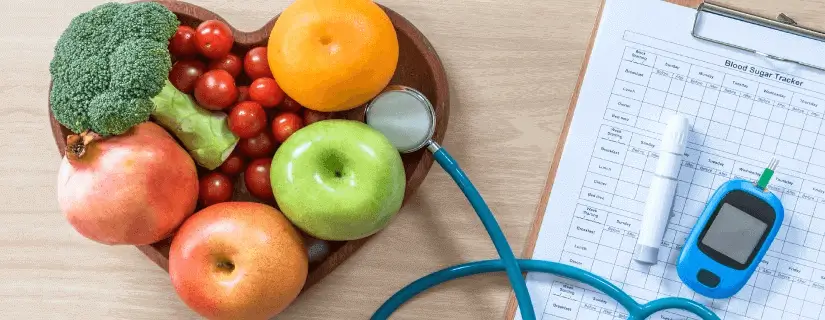
Table of Content
Kidneys perform the most important job of cleansing your blood from excess fluids and waste products. About 120-150 quarts of blood are filtered by healthy kidneys on an everyday basis. By performing this function, kidneys help prevent waste buildup while also keeping electrolytes at a stable level within the body. As kidney function declines, protein waste and mineral removal become difficult. This is because diseased kidneys have to put in double the effort to get rid of them. It is important to follow a proper diet for healthy kidneys.
Diet for healthy kidney
Although it’s necessary for you to visit the best kidney hospital in Hyderabad or wherever you stay, following a kidney-friendly diet can help protect your kidneys from further damage. It means restricting some particular foods and fluids to prevent certain minerals from building up in your body. Creating the right balance of calories, protein, vitamins, and minerals is also important. Have a look:
Follow a Dash Diet
The abbreviation for DASH is Dietary Approaches to Stop Hypertension. A DASH diet is rich in veggies, fruits, whole grains, fish, low-fat dairy products, seeds, beans and nuts. It’s important to talk to your doctor or dietician before following this diet. Although this diet is useful for patients with deteriorated kidney function, it’s not recommended for those on dialysis.
Reduce Sodium Intake
Sodium, which is the main ingredient of table salt, affects your blood pressure while also maintaining water balance within the body. While healthy kidneys ensure optimal sodium levels, the same might be disrupted if you have CKD. As sodium and fluid levels rise in the body, problems such as high blood pressure, swollen ankles, and shortness of breath can arise. It can also lead to fluid buildup around the heart and lungs. People with kidney problems must keep their sodium intake at less than 2g per day. Here are a few tips to cut down sodium from your diet:
- Since most fast foods are high in sodium, it’s advisable to cook at home.
- Table salt and high-sodium seasonings must be replaced with new spices and herbs.
- Canned foods such as beans, veggies, meats and fish etc. must be rinsed well with water before serving.
- When shopping for foods, read the labels carefully to ensure they are low in sodium.
Restrict Phosphorous and Calcium
Healthy kidneys keep phosphorous levels in check, removing extra to help your bones stay strong and healthy. CKD can raise the phosphorous levels in your body which increases your chances of acquiring heart disease. It can also cause your calcium levels to drop which is pulled from the bones, making them weak and easy to break. Late-stage CKD patients must aim for more than 1000 milligrams of phosphorous each day which can be accomplished by:
- Consuming more fresh veggies and fruits
- Drinking light-coloured sodas
- Choosing rice and corn cereals
- Limiting dairy intake
- Cutting poultry, meat and fish
- Choosing food that's good for kidneys with low phosphorous levels
- Cutting back on calcium-rich foods since they are rich in phosphorous as well
Reducing Potassium Intake
As mentioned earlier, it becomes difficult for your body to filter out excess potassium if you have CKD which can lead to serious heart problems. Certain foods such as avocadoes, potatoes, bananas and melons can affect potassium levels in your body. Therefore, it’s important for you to discuss with your doctor if these foods need to be limited. He will also suggest you low-potassium foods such as:
- Plums
- Apples
- Cabbage
- Pineapples
- Boiled cauliflower
- Cranberries
- Raspberries, strawberries, and blueberries
For those with worsened cases of CKD, further diet modifications are required which might involve cutting back on protein-rich foods.
Fluids
Although fluids are not usually restricted for those with early-stage CKD, you might be required to limit that too if your disease progresses.
You need to be mindful of what you eat and incorporate kidney-friendly foods into your diet. If you have problems with your normal kidney functioning, you should consult an expert, and it’s advised to visit a hospital for any problems related to the kidneys.

ENQUIRY FORM
SELECT CATEGORIES
-
Neurosciences (16)
-
Neurology (38)
-
Neurosurgery (14)
-
Orthopaedics (48)
-
Oncology (33)
-
Obstetrics and gynecology (52)
-
Pulmonology (23)
-
Urology (20)
-
Nephrology (13)
-
Psychiatry (7)
-
Dietetics and Nutrition (111)
-
General Medicine (63)
-
Cardiac Sciences (32)
-
Vascular & Endovascular Surgery and Interventional Radiology (15)
-
Gastroenterology (46)
-
Endocrinology (23)
-
Plastic Surgery (10)
-
Critical Care Medicine (5)
-
COVID-19 (16)
-
Dermatology (16)
-
Emergency Care (1)
-
Ophthalmology (4)
-
Pediatrics (14)
-
Laparoscopic and Bariatric Surgery (8)
-
ENT (15)
-
Kidney Transplant (1)
-
Liver Transplantation and Hepatobiliary Surgery (5)
-
General Surgery (3)
-
Internal Medicine (5)
-
Medicine Information
Kidney Health: Conditions That Can Affect Your Kidneys
How does diabetes affect the kidneys?
YOU MAY ALSO LIKE
RECENT BLOGS
-

Rotablation Angioplasty: Benefits, Treatments, And Recovery Time
6 February 2026
Read More
-

What Is The Difference Between IUI and IVF?
6 February 2026
Read More
-
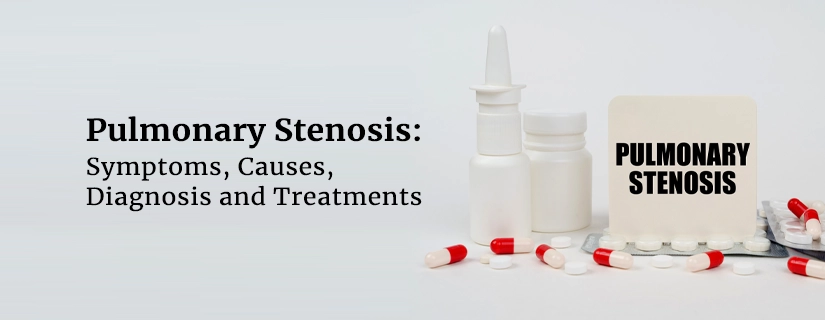
Pulmonary Stenosis: Symptoms, Causes, Diagnosis and Treatments
6 February 2026
Read More
-
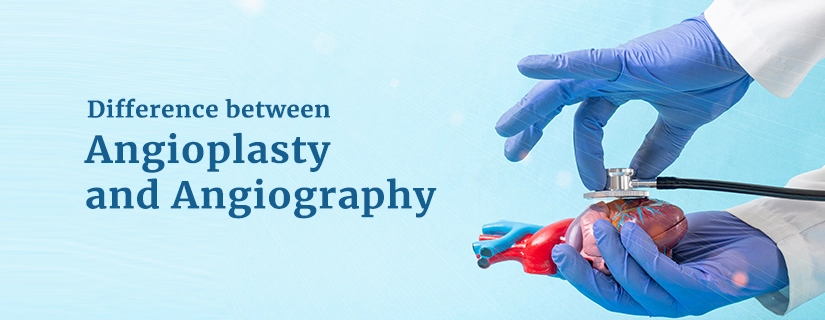
Difference between Angioplasty and Angiography
6 February 2026
Read More
-
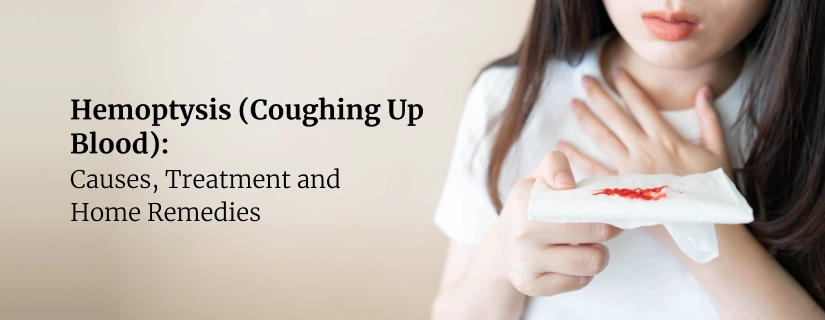
Hemoptysis (Coughing Up Blood): Causes, Treatment and Home Remedies
2 February 2026
Read More
-
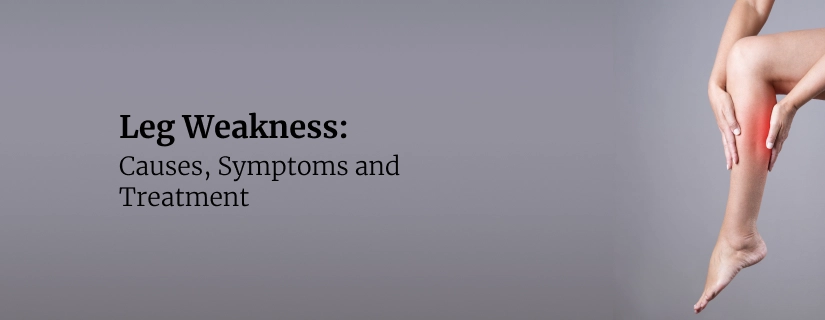
Leg Weakness: Causes, Symptoms and Treatment
9 January 2026
Read More
-

Back Pain After C-Section: Causes and Home Remedies
9 January 2026
Read More
-

Belly Button Pain (Periumbilical Pain): Causes, Treatment and When to See a Doctor
9 January 2026
Read More
Have a Question?
If you cannot find answers to your queries, please fill out the enquiry form or call the number below. We will contact you shortly.


